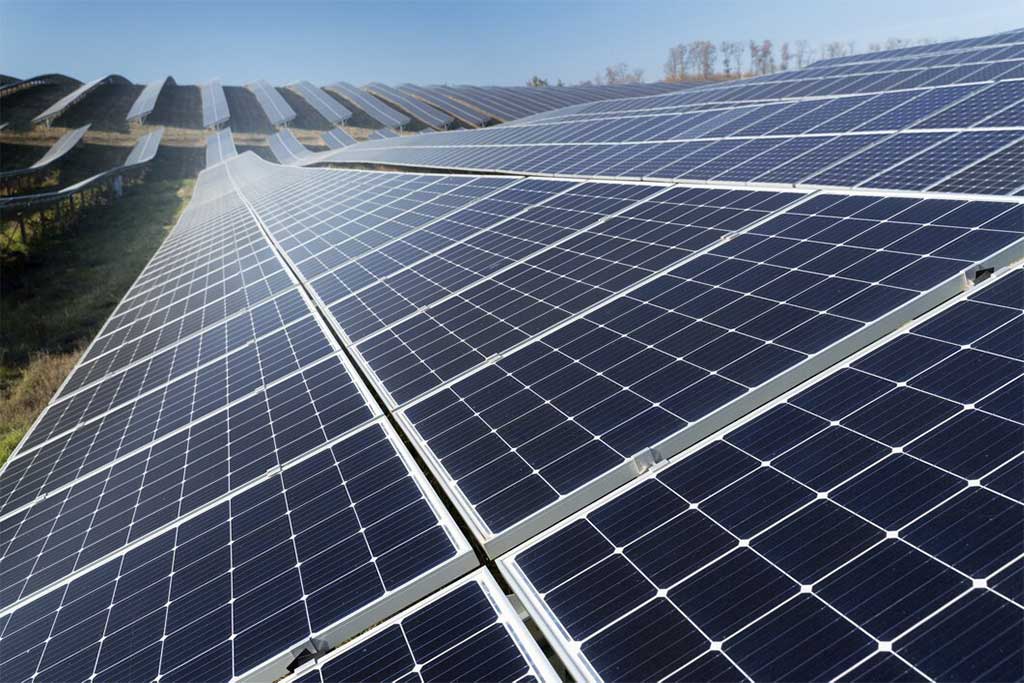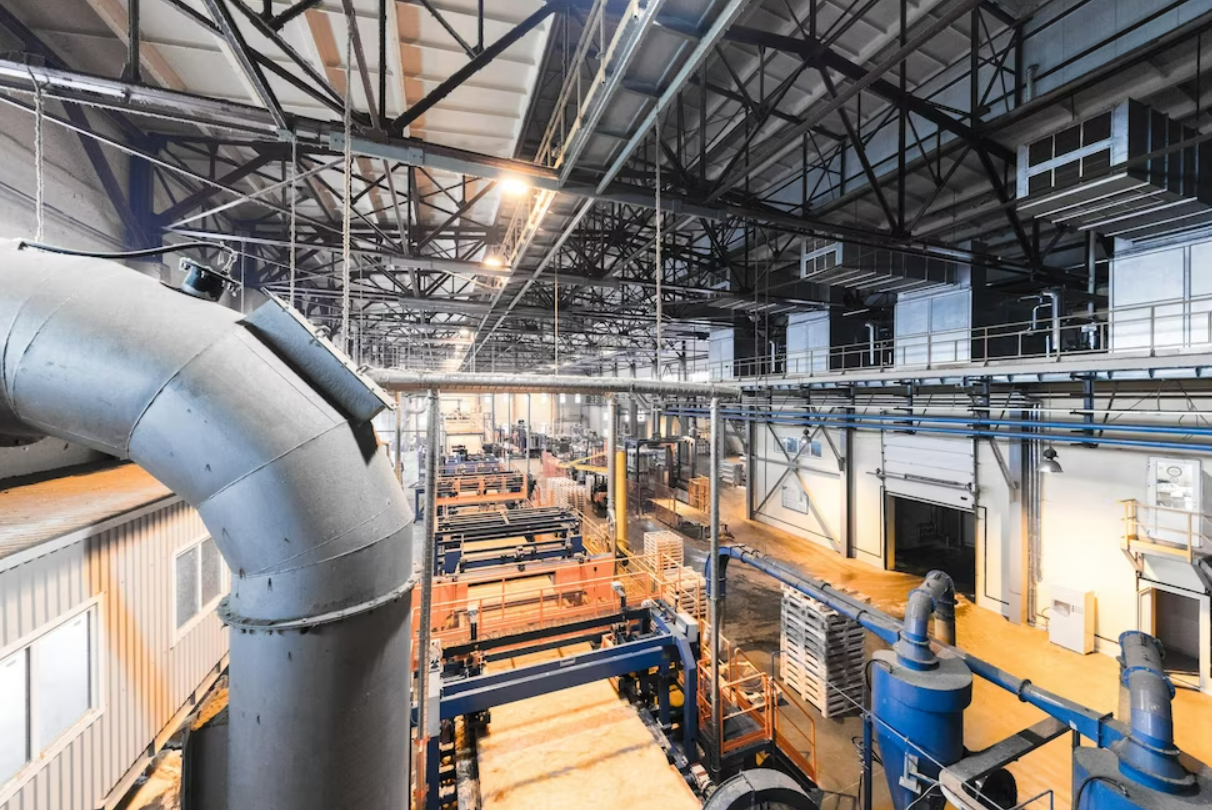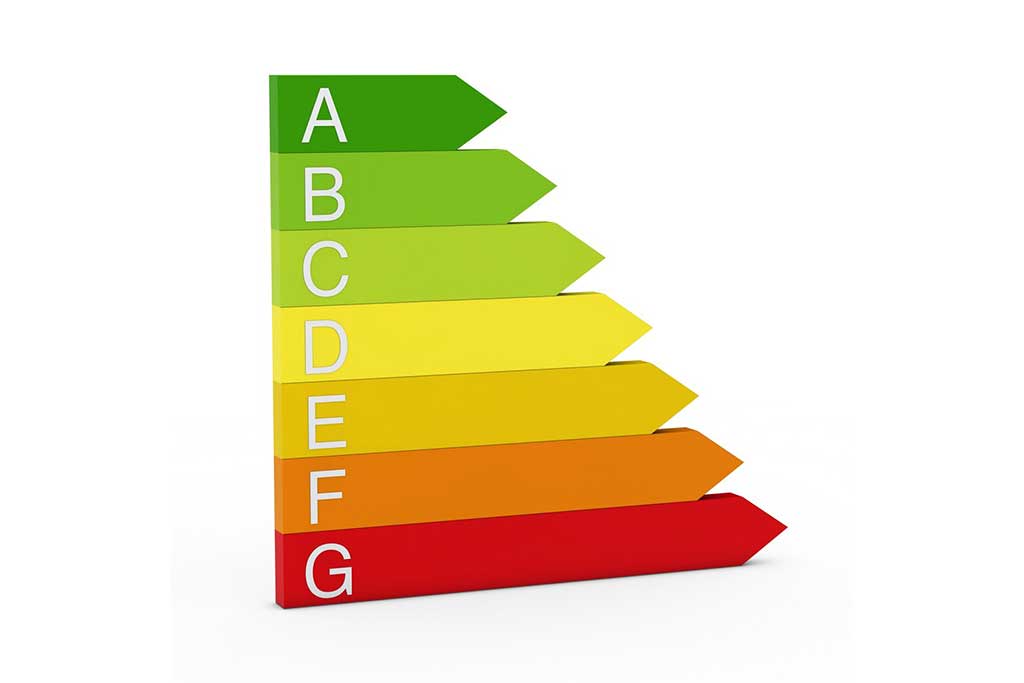
Photovoltaic plant projects
In accordance with our commitment to the environment and renewable energy, we put our knowledge and experience at the service of designing photovoltaic plants for the generation of renewable energy. We have a team of highly trained engineers and technicians who work closely with our customers to develop custom solutions that fit their specific needs and goals.
Our approach to the design of photovoltaic plants is based on the use of advanced technologies and innovative techniques to guarantee the efficiency and profitability of the project. We perform a thorough assessment of the site and environmental conditions to optimize the placement of solar panels and maximize energy production.
We also make sure to comply with all applicable regulations and standards, and use advanced modeling tools to anticipate and mitigate potential environmental and social impacts of the project.
In addition to the design, we also take care of the complete management of the project, from obtaining permits to the construction and commissioning of the photovoltaic plant. We also provide ongoing advice and support to ensure that the plant runs efficiently and reliably in the long term.
Generation plant hybridization projects
In INMINER ING. We project hybrid facilities between biomass plants and photovoltaic parks, combining the best of both technologies and taking advantage of common facilities that serve to optimize the production costs of electrical energy.
The hybridization between a photovoltaic park and a biomass plant consists of the combination of both technologies to generate electricity more efficiently and constantly.
On the one hand, the photovoltaic park takes advantage of solar radiation to produce electricity from photovoltaic solar panels. On the other hand, the biomass plant uses organic matter, such as forest, agricultural or urban residues, to generate energy through the combustion of biomass.
The idea of hybridization is that both technologies work in a complementary way. During the hours of the day when the sun shines more intensely, the photovoltaic park generates more electricity. On the other hand, those in which the sun is not present, the biomass plant takes over and generates electricity from the combustion of hours.
In this way, hybridization allows a greater production of electrical energy to be obtained in a constant and stable manner, since both solar energy and energy produced from biomass are used. In addition, it can also contribute to greater energy efficiency and reduce greenhouse gas emissions.


Energy Efficiency Certificate
We offer energy certification services for residential and commercial buildings. These certificates are mandatory for all properties that are sold or rented in Spain, and are necessary to comply with European energy efficiency regulations.
To carry out an energy certificate, our engineers carry out a comprehensive evaluation of the building, including the thermal envelope, lighting, air conditioning systems and hot water production. We also consider the type of fuel used and its energy consumption, and we analyze the use that is given to the property.
With all this information, our team of engineers uses specialized tools to calculate the building’s energy efficiency and assign it a rating on a scale from A (most efficient) to G (least efficient). Additionally, we provide recommendations for improving the building’s energy efficiency, which can help reduce energy consumption and lower operating costs.
Our energy efficiency certificates are endorsed by highly trained and certified professionals, and comply with all required regulations and standards. We also offer additional services, such as energy audits and energy efficiency consulting, to help our customers make informed decisions to reduce their energy consumption and improve their environmental footprint.

